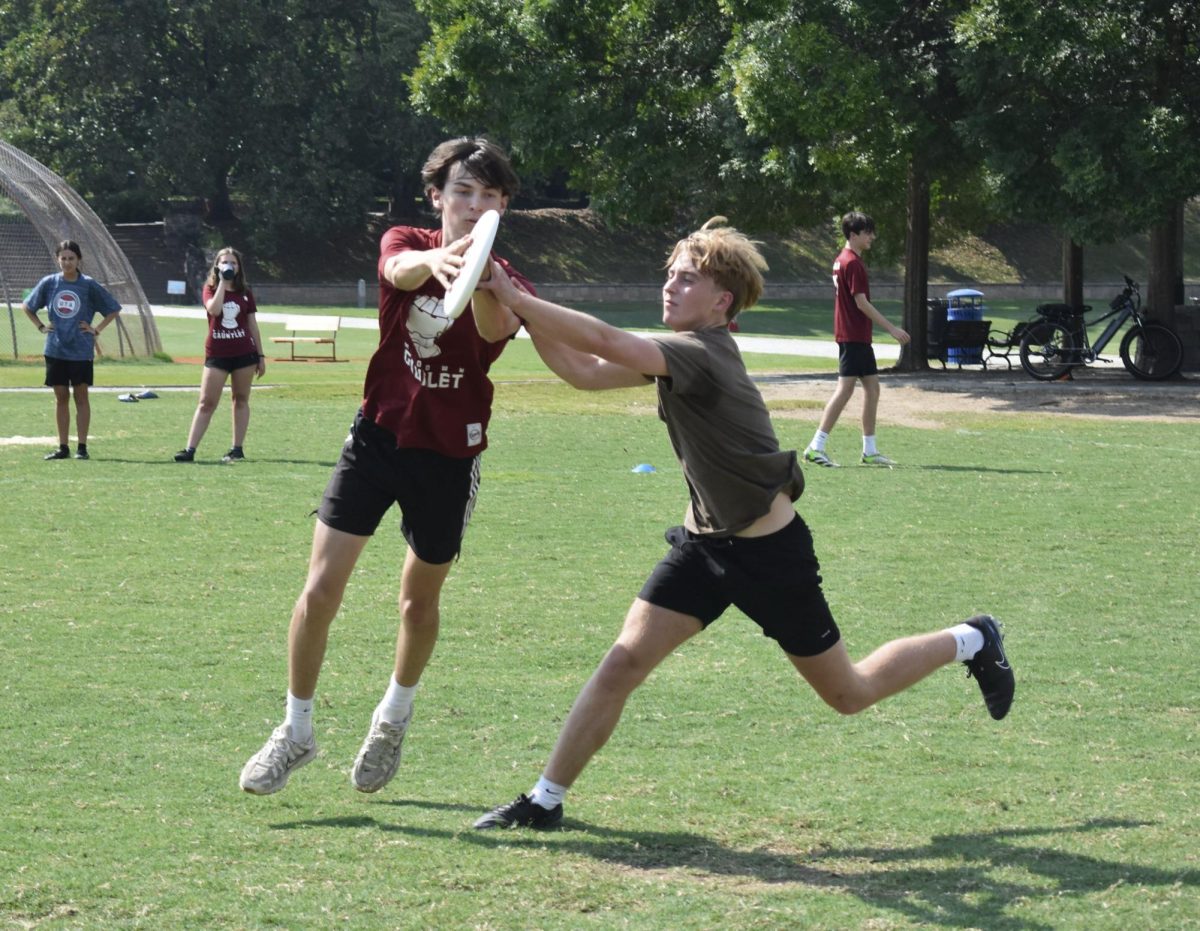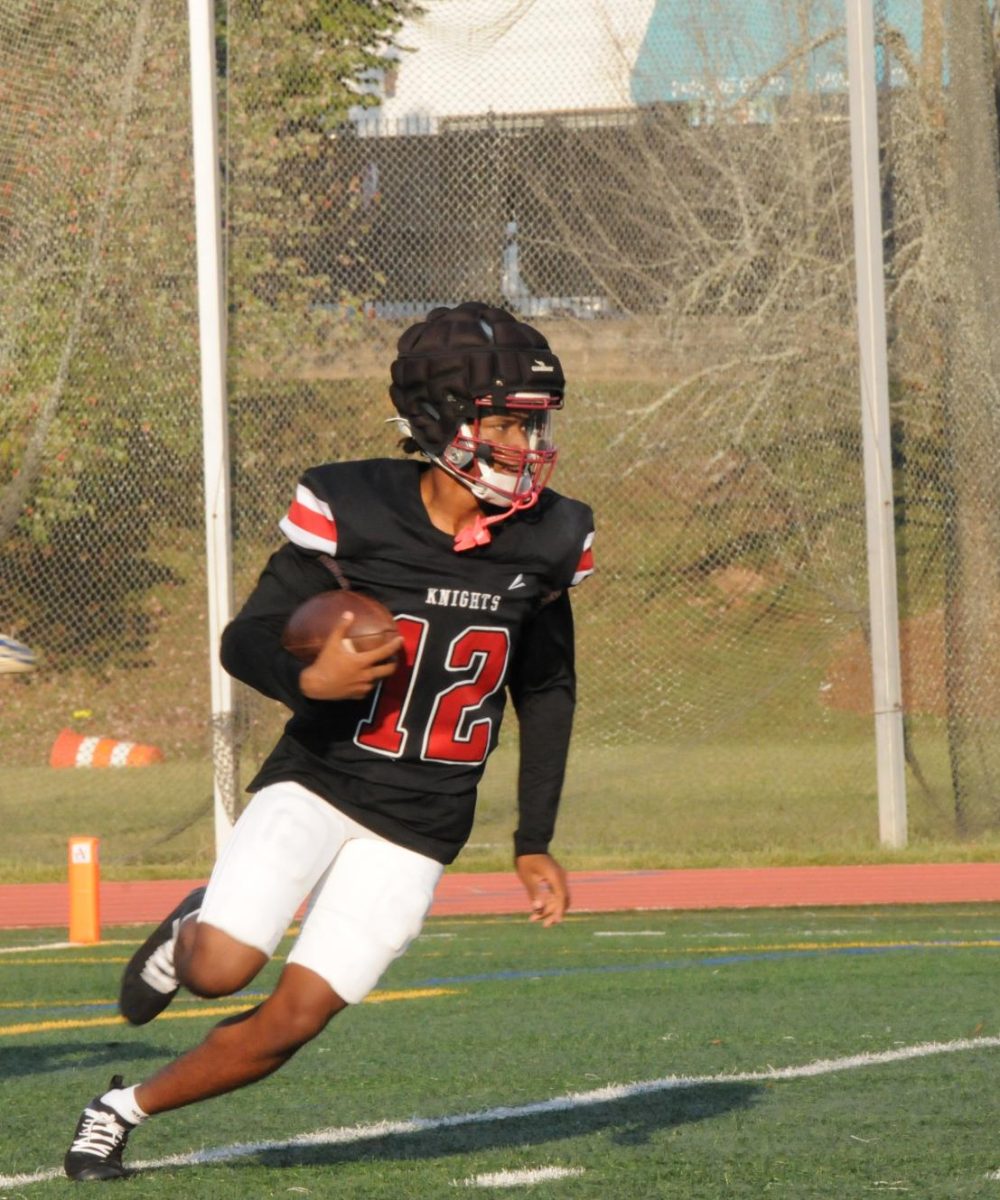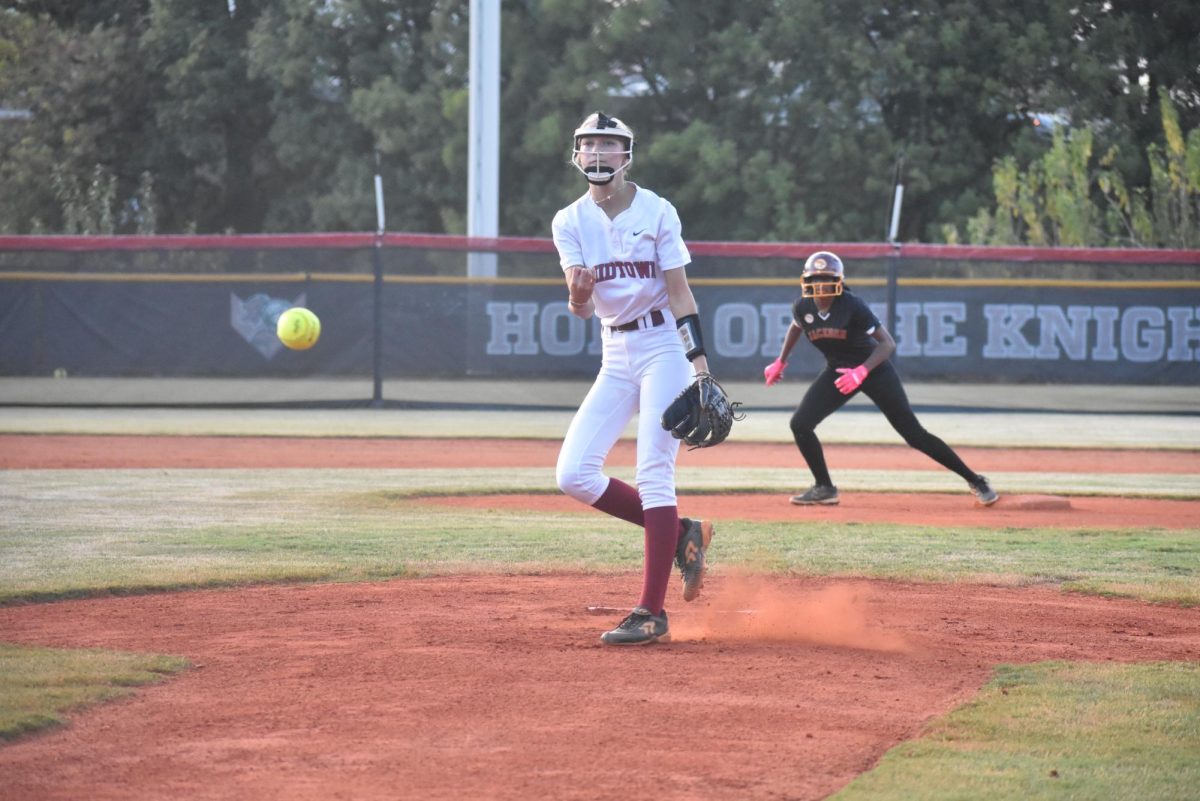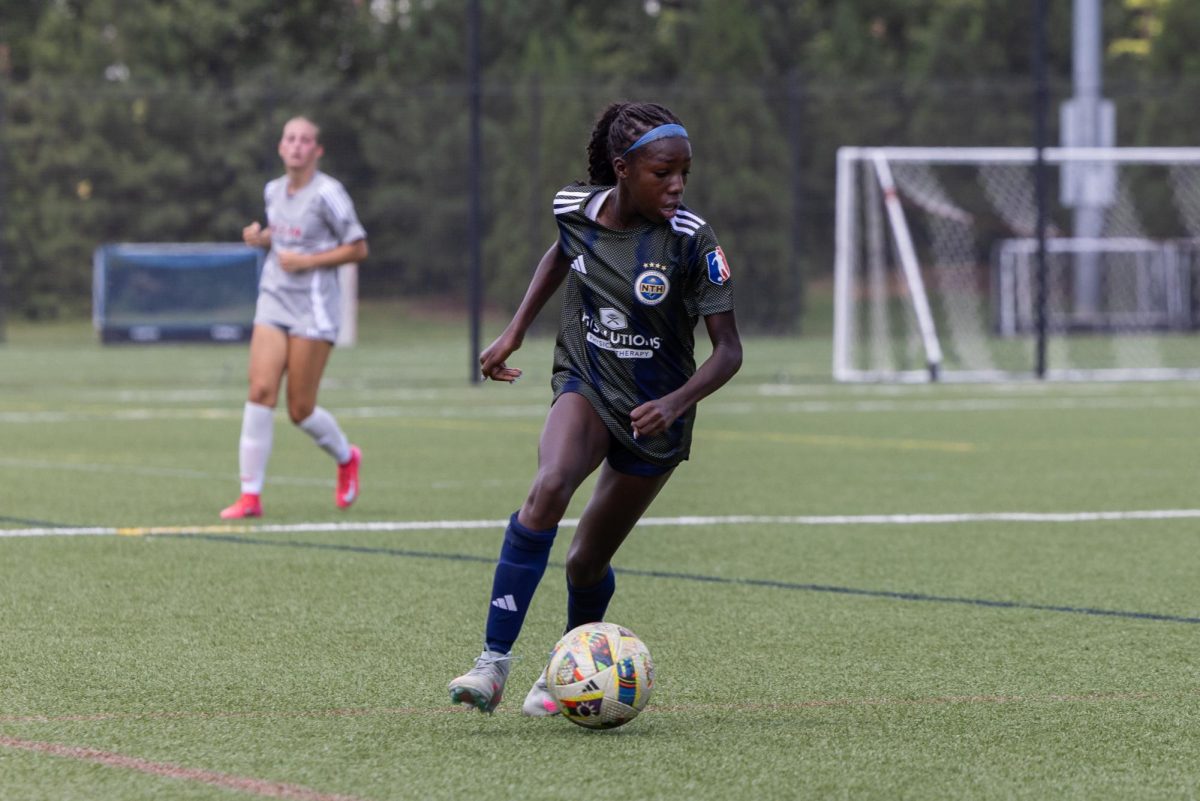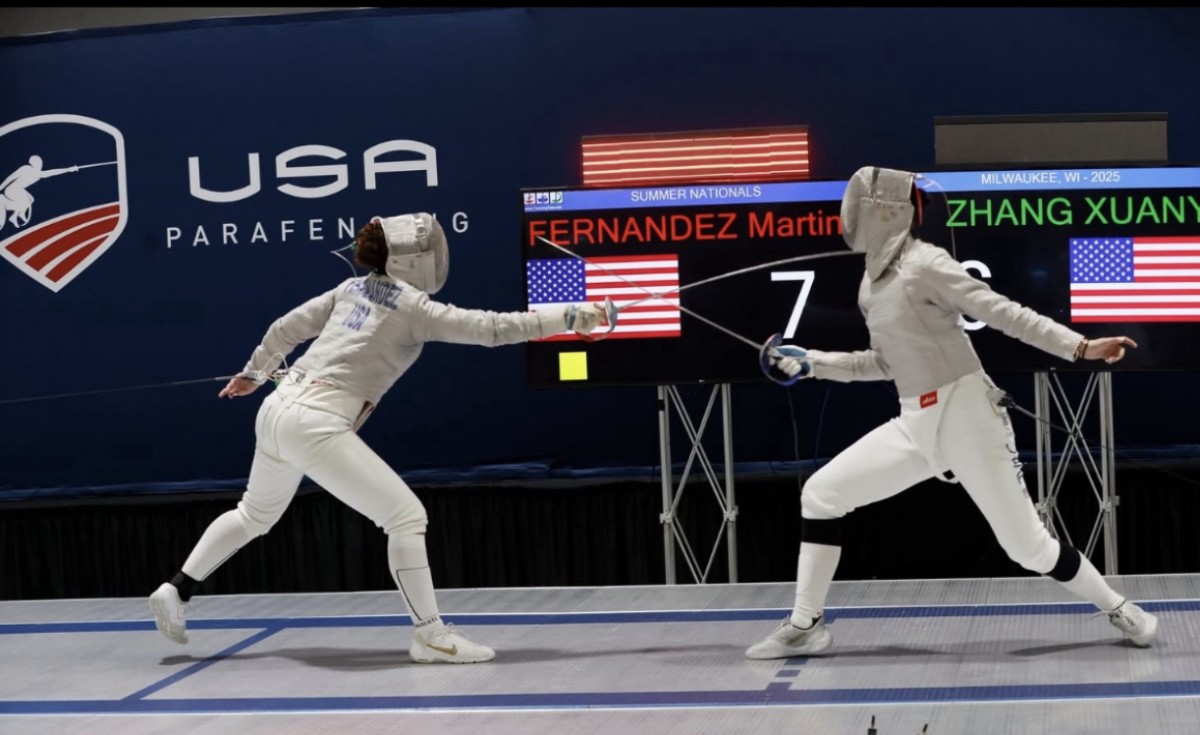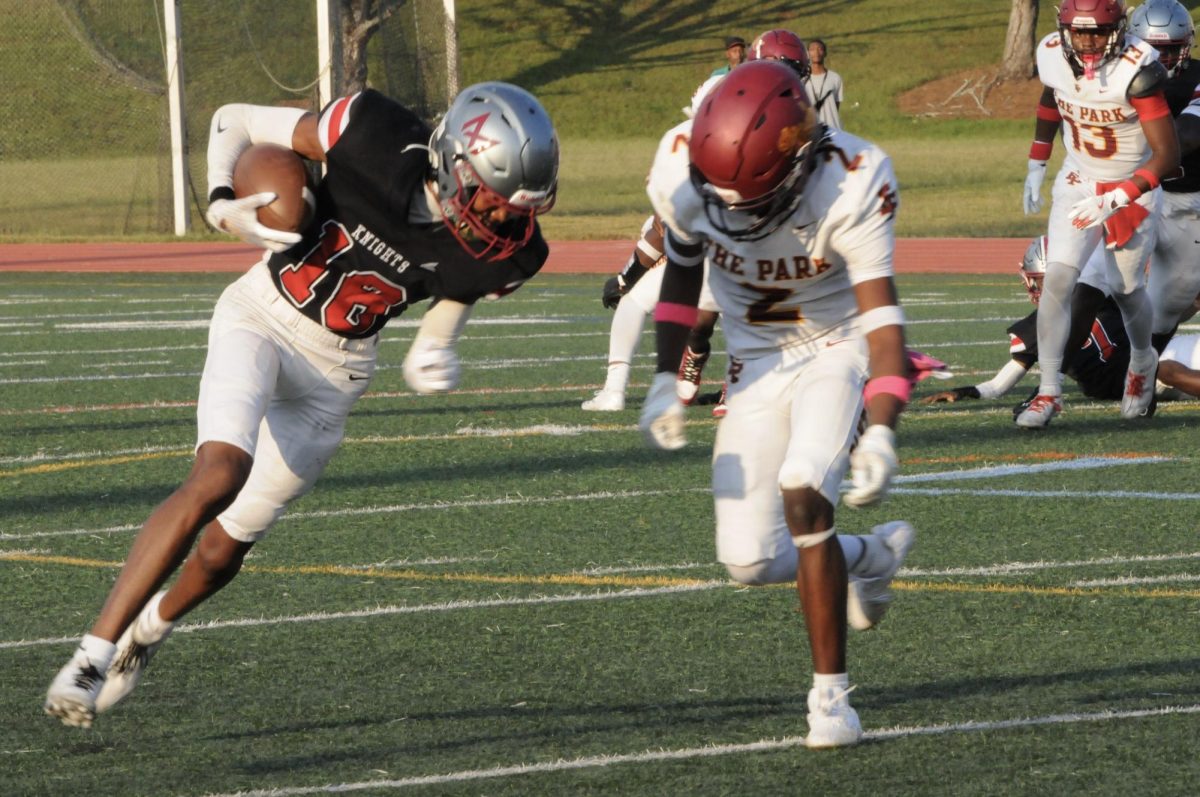On July 28, five days before Atlanta Public Schools began the 2024-2025 school year, the Board of Education edited a policy, adding that two years of varsity Ultimate Frisbee could now satisfy the APS PE requirement.
Despite APS prohibiting changes in graduation requirements for students already in high school, the Superintendent is authorized to grant exceptions to graduation requirements. In accordance with this, Interim Superintendent Danielle Battle sent an email to all APS high school principals and counselors August 2, just three days before her term ended, ensuring that students currently in Ultimate Frisbee be allowed the exemption.
“Effective immediately, Ultimate Frisbee shall be considered a varsity athletic program eligible for counting toward the PE exemption with respect to current 10th, 11th and 12th graders,” Battle said. “I am certain that this additional flexibility will be beneficial to our student-athletes.”
Before the update to the policy, APS’s graduation requirements allowed students to satisfy their required half PE credit through participation in two years of a GHSA varsity sport, which include seasonal sports like basketball in the fall, as well as activities like ESports. However, many players of non-GHSA recognized sports, such as Midtown Varsity Ultimate player sophomore Eliose Young, felt this was unfair, as they put in the work of playing a varsity sport, but weren’t able to qualify for the exemption provided to other sports.
“My first year on the team, I was disappointed when I heard that Ultimate and a lot of other ‘clubs’ didn’t count as a PE credit like other sports,” Young said.
Midtown’s Ultimate Frisbee team was a key player in the change to the APS requirements. Member of the team, junior Calvin Li, said player advocacy was instrumental in getting Ultimate included in the varsity exemption rule.
“People were going to the Board [of Education] to convince them to give Ultimate the credit,” Li said. “I think that [having it qualify for the varsity sport exemption] will convince a lot of people to join, especially freshmen who don’t want to take PE will join and then help be the [future] of the team.”
Although thankful that Ultimate now satisfies the requirement, Young still believes many physical activities are still left out.
“I’m very happy that [Ultimate Frisbee] now gets a PE credit because it’s the only sport that I play,” Young said. “It takes up a lot of my time and I get lots of exercise. I think that any sport that meets regularly and where they’re doing physical activity for the school should be able to get the credit, whether they’re an ‘official’ sport or not.”
However, not everyone thinks every club sport should count for a PE credit. PE teacher and pickleball (a non-GHSA sport) player Sandi Stein says it’s important to set a standard for what clubs or sports should be able to satisfy the PE.
“I don’t think all sports or clubs, even with pickleball, give the same level of [physical activity] that PE gives you,” Stein said.
Senior Neelam Parsons, a founder of the Mountain Biking Club and member of Midtown’s varsity lacrosse and wrestling teams, both GHSA sports that satisfy the PE requirement, said that he thinks his participation in Mountain Biking Club gives him more exercise than many varsity sports that can satisfy the PE requirement.
“In Mountain Biking Club, we generally meet three times a week at predetermined locations,” Parsons said. “We get lots of exercise over long periods of time, more than most sports. We bike for six to seven hours at a time. You wouldn’t really be playing a sport for that long.”
However, Parsons believes clubs like his still shouldn’t count for the exemption due to varied accessibility.
“Honestly, [for a club to count for a PE credit] it needs to be standardized across the sport and at other schools,” Parsons said. “It would be kind of unfair to allow it for schools without mountain biking, or who’s clubs aren’t as rigorous.”
Stein brings up a similar point, saying that keeping track of their activity is crucial to deciding what can satisfy the PE requirement.
“There’s got to be some standard,” Stein said. “Who’s going to be accountable for confirming the students [in sports clubs] are on it, that they play? So for me it still needs to be school sponsored events because that’s where the accountability is.”
Stein adds that she thinks it’s important to consider how active students are and how regularly they meet with their clubs to assess if their activity is sufficient to replace PE.
“For clubs, it depends how often they meet and there’s got to be accountability for it, because if I say I ride my bike once a week, it’s not really good enough,” Stein said. “PE is making students understand what [exercise skills] they need for their daily life as they get older so we have to question whether a sports club is good enough to replace that.”

